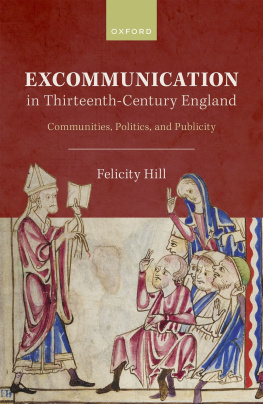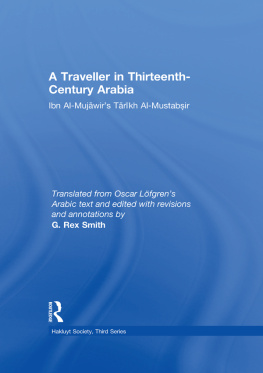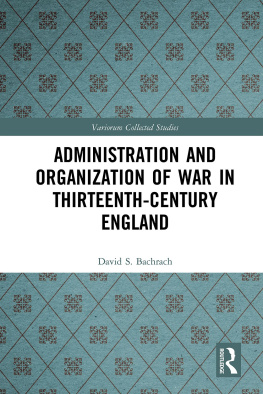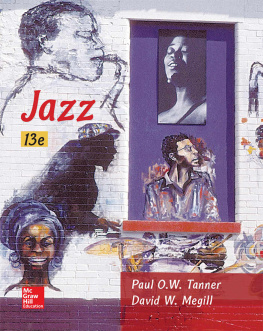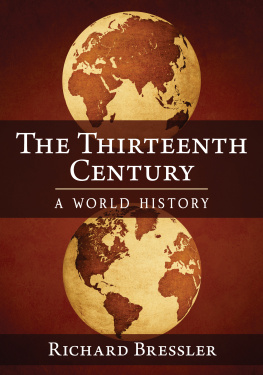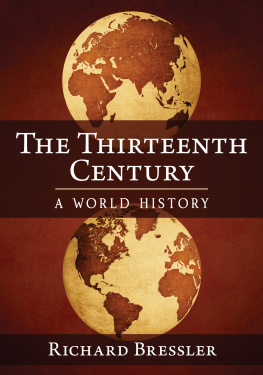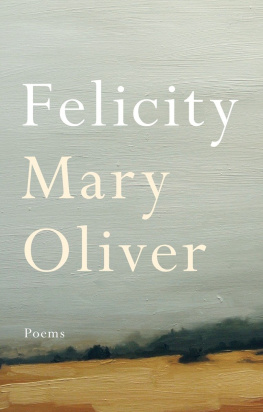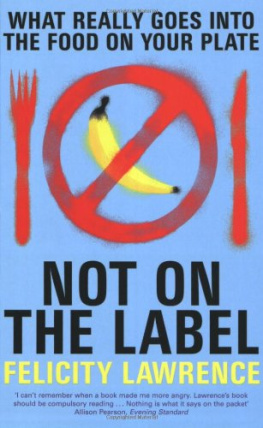
Great Clarendon Street, Oxford, OX2 6DP, United Kingdom
Oxford University Press is a department of the University of Oxford. It furthers the Universitys objective of excellence in research, scholarship, and education by publishing worldwide. Oxford is a registered trade mark of Oxford University Press in the UK and in certain other countries
Felicity Hill 2022
The moral rights of the author have been asserted
First Edition published in 2022
Impression: 1
All rights reserved. No part of this publication may be reproduced, stored in a retrieval system, or transmitted, in any form or by any means, without the prior permission in writing of Oxford University Press, or as expressly permitted by law, by licence or under terms agreed with the appropriate reprographics rights organization. Enquiries concerning reproduction outside the scope of the above should be sent to the Rights Department, Oxford University Press, at the address above
You must not circulate this work in any other form and you must impose this same condition on any acquirer
Published in the United States of America by Oxford University Press
198 Madison Avenue, New York, NY 10016, United States of America
British Library Cataloguing in Publication Data
Data available
Library of Congress Control Number: 2022930670
ISBN 9780198840367
ebook ISBN 9780192576743
DOI: 10.1093/oso/9780198840367.001.0001
Printed and bound in the UK by Clays Ltd, Elcograf S.p.A.
Links to third party websites are provided by Oxford in good faith and for information only. Oxford disclaims any responsibility for the materials contained in any third party website referenced in this work.
Acknowledgements
The research for this book was made possible initially by doctoral funding from the Arts and Humanities Research Council (via the University of East Anglia), then by fourth-year funding from the Scouloudi Foundation via the Institute of Historical Research. I was able to begin the process of turning the PhD thesis into this book as a Research Fellow at Corpus Christi College, Cambridge. I am enormously grateful to supervisors, colleagues, and friends from my undergraduate degree at Manchester, my MA at University College London, my PhD at UEA, my year at the Institute of Historical Research, my postdoc in Cambridge, and finally now to my colleagues at St Andrews. I have benefitted throughout from encouragement and generosity without which I could never have produced this book. John Sabapathy has provided invaluable advice throughout the last decade, at each stage of this books development. He generously read almost the entire manuscript; his comments have improved the text in a great many places. I am likewise grateful to John Hudson for reading a full draft and for his comments. Ian Forrest, who has revealed that he was one of the reviewers for OUP, provided me both with much appreciated encouragement and with helpful suggestions for improvements. The recommendations of the anonymous reviewers were also invaluable. John Arnold kindly read some chapter drafts. I have benefitted a great deal from Johns kindness and counsel in Cambridge and since. I would further like to thank my PhD supervisor Nicholas Vincent, who of course read the text in its earlier thesis form, for giving me free rein as a doctoral student, and for his help and guidance since. The process of turning the thesis into a book was greatly facilitated by the suggestions of my examiners, Sarah Hamilton and Tom Licence. Sarah has been generous with her time on numerous occasions. Ben Savill honoured the writing pact. David dAvray, who piqued my interest in excommunication back in 2011, has been consistently kind and supportive throughout my studies and beyond. He helped a great deal with both appendices, providing editorial assistance with the second.
I am grateful to a great many more people with whom I had discussions, from whom I received advice, and who helped make the process of researching and writing a PhD then a book enjoyable. These include Sophie Ambler, Rob Bartlett, David Carpenter, Stephen Church, Peter Clarke, Emily Corran, Caitlin Ellis, Will Eves, Caroline Goodson, Julia King, Donald Logan, Stephen Mossman, Simon Parsons, Danica Summerlin, Alice Taylor, Emily Ward, Sarah White, the fellows of Corpus Christi College, and all my colleagues in the Department of Medieval History at St Andrews. Emily, Lesley, and Sam, as well as Caitlin, helped me to keep writing (about social isolation) through lockdowns. In addition to various university libraries, the IHR, Warburg Institute, and British library provided indispensable resources. The estate of the late Jeffrey Denton kindly gave me many of his books, which have been much appreciated and used. Finally, I would like to thank my friends and family, in particular Gemma, my parents, and my grandmother, who sadly never got to see the book completed.
December 2021
Contents
Clericis laicos (1296) Excommunicates clergy of any sort who pay or promise to pay laymen taxes of any kind without papal permission. Rulers of any condition, rank, or status who impose or receive such payments, or who seize ecclesiastical possessions, or those kept in church buildings, or who order such offences or in any way support them are likewise excommunicated.
Contempnunt exequi domini (1222, revised 1279) [1222] Excommunicates all those who by reason of profit, hatred, or otherwise maliciously, refuse to execute the mandate of the lord king enacted against excommunicates scorning the keys of the church. [1279] Adds those who impede their capture or unjustly procure their liberation, against the decree of ecclesiastical discipline.
Crimen imponunt alicui (1222) Excommunicates all those who, by reason of hatred, profit, or favour, or any other reason, maliciously impute a crime to someone, when they were not infamous amongst good and serious men, so that he must undergo purgation or is otherwise wronged.
Magna Carta sentence (1253) Excommunicates all those who henceforth knowingly and maliciously deprive churches of their liberties or who violate, infringe, diminish, or change the ancient approved customs of the realm, especially the liberties and free customs which are contained in Magna Carta and the Charter of the Forest, by any method or trick, openly or secretly, by deed, word, or counsel, in any article; likewise, all those who decree statutes against them, or who obey statutes thus decreed. Also all those who presume to disturb the peace of the king and the kingdom.
Quicumque abstrahunt violenter (1268, abridged 1279) Excommunicates those who violently extract criminals who have fled to a church, cemetery, or cloister for sanctuary, and those who forbid them to be provided with necessary provisions, and those who violently remove, or cause to be removed, goods belonging to others deposited in those places, or cause this to be done, or in any way support such things.
Quicumque de domibus (1268, abridged 1279) Excommunicates anyone who presumes to consume, remove, or handle anything from houses, manors, granges or other such places pertaining to archbishops, bishops, or other ecclesiastical persons, without the will or permission of the lords or their custodians. Satisfaction must be made before absolution can be granted.

